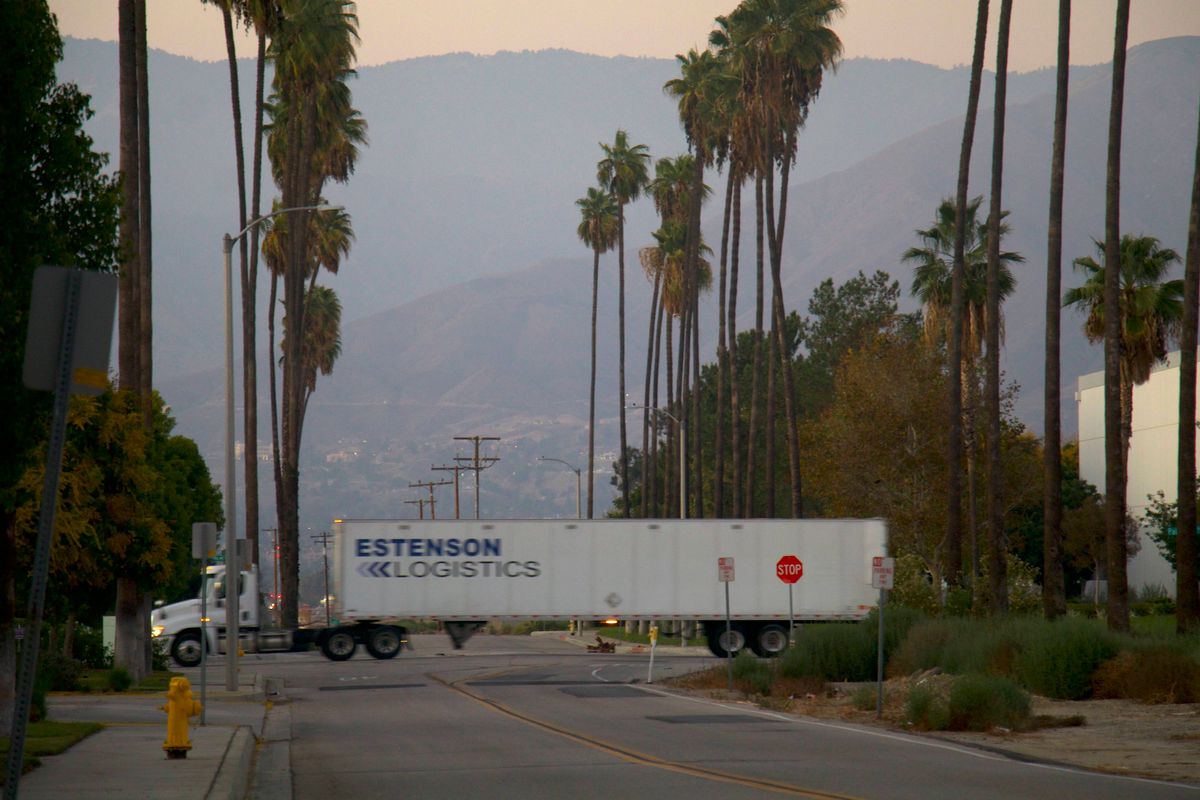Editorial: This Clean Air Week, leaders must pledge to move toward zero-emissions

This week, many cities and counties across California are celebrating ‘Clean Air Day’ by holding events and taking pledges to advocate for healthier air. Transportation and waste management agencies are also helping the cause by hosting educational community events to discuss themes around environmental justice and sustainability.
We should acknowledge and celebrate the work advocacy groups have done to ensure there is a season every year that encourages discourse focused on addressing important health concerns. Unfortunately, it is difficult to ignore the pollution trends that continue to impact environmental justice communities across the southland.
So far in 2022, Southern California has suffered 119 days of bad smog and once more the region ranked top for worst ozone pollution nationally. Earlier this week, the Ports of Los Angeles and Long Beach reported increases in diesel and nitrogen oxide pollution.
Communities in Southeast Los Angeles, San Gabriel Valley and the Inland Empire are America’s Shopping Cart to developers, economists and planners – the center of the global supply chain – and it has come largely at the expense of communities of color. Thousands of trucks and trains move goods through communities every day and leave a toxic trail of pollution that contributes to higher rates of heart, lung and respiratory diseases.
Residents and workers argue leaders aren’t doing more to hold the wealthy e-commerce industry accountable. The Frontline Observer agrees with the environmental justice communities of the Inland Empire and Southern California and hopes that leaders across all levels of public service can also pledge on Clean Air Day to pass policies that address transportation pollution around California’s freight hubs.
We believe there are two agencies that can help encourage action on this issue right now through immediate and strong regulatory action.
The South Coast Air Quality Management District (SCAQMD) is in the process of implementing the warehouse Indirect Source Rule for warehouses and must move to do the same for railyards. Companies like BNSF Railway continue to explore plans with port agencies to accommodate cargo volumes. If plans for these facilities are ultimately approved, there should be guarantees from the agency for new railyards to adopt zero-emission infrastructure. The 2022 version of the Air Quality Management Plan (AQMP) must provide a clear roadmap that will build a suite of policies that move the region toward zero-emissions.
Later this month, the California Air Resources Board (CARB) has a chance to adopt the Advanced Clean Fleets rule that will require corporate and government fleets to transition to zero-emission medium and heavy-duty vehicles by 2040. This policy can help struggling communities like San Bernardino balance economic progress with community sustainability by creating clean energy jobs, while eliminating deadly diesel pollution in low-income communities.
We can’t continue to kick the can on clean air progress. The coronavirus pandemic and the lingering effects on respiratory health should raise alarms about the urgent need for solutions. This Clean Air Week, we ask leaders to truly stand up for environmental justice by committing to solutions that fall short of nothing less than zero-emissions.
